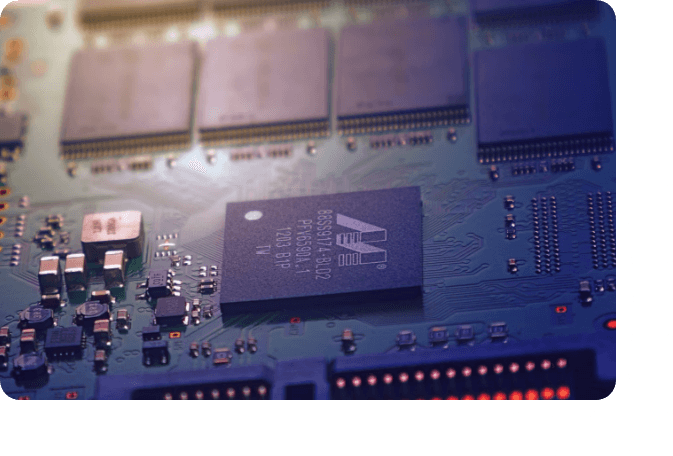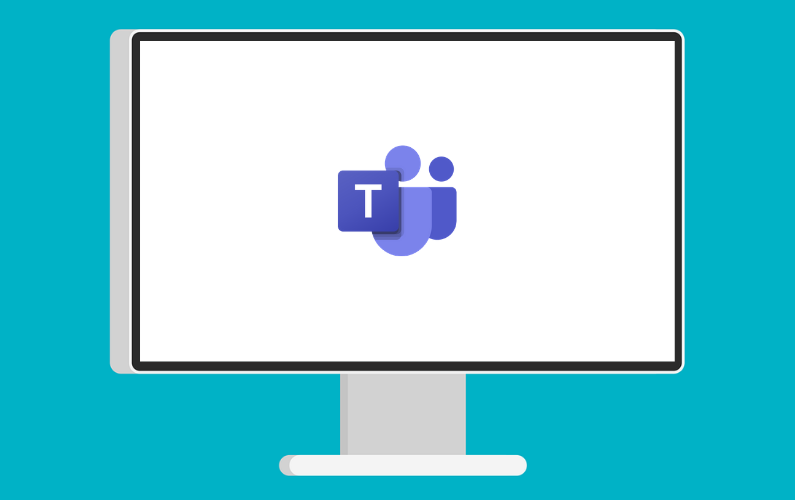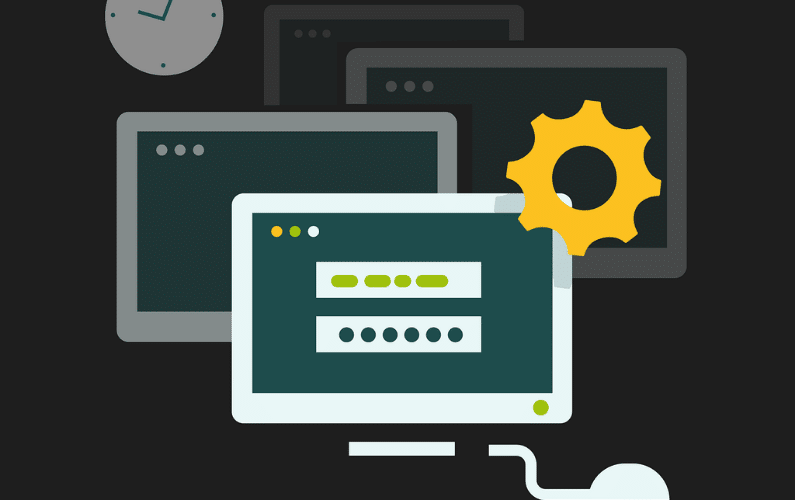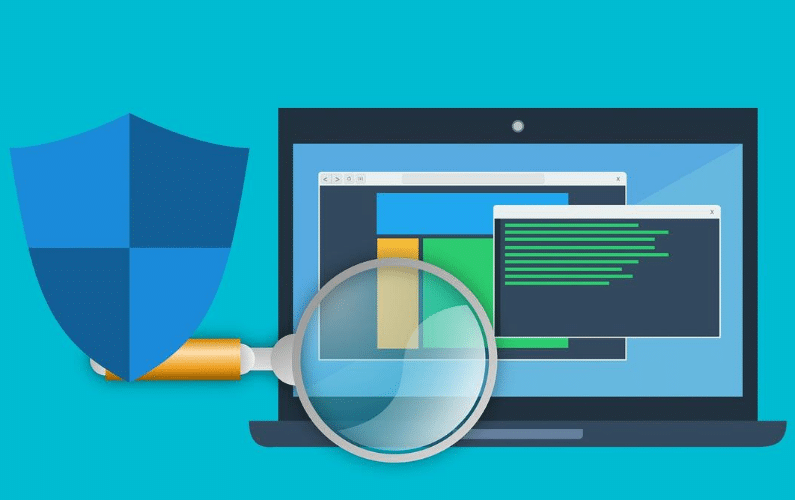
Responsive IT Services From Proven Twin Cities Professionals
We know that businesses often lack the time to dig into IT setup, maintenance, and support. Compared to things like product development, customer service, cash flow and payroll, IT is something that can easily fall by the wayside.
However, the reality is that all business not only use technology each and every day, but also now require that technology to just even open the doors each day. Equipment outages or data breaches can cut off customers, damage reputation, torpedo productivity, and even shut down businesses.


One Solution For All Your IT Needs
With the help of the proven local IT pros of Nicolet Tech, you, your employees, and your customers can know your technology will work the way you need it to. We provide a one-stop solution for all your IT needs including cybersecurity, in-house servers and networking, VOIP phone technology, cloud-based services such as Office 365, computer troubleshooting, and repair.
- We make the difference
- Straight forward answers
- The right IT fit
- Accessible
- Affordable


